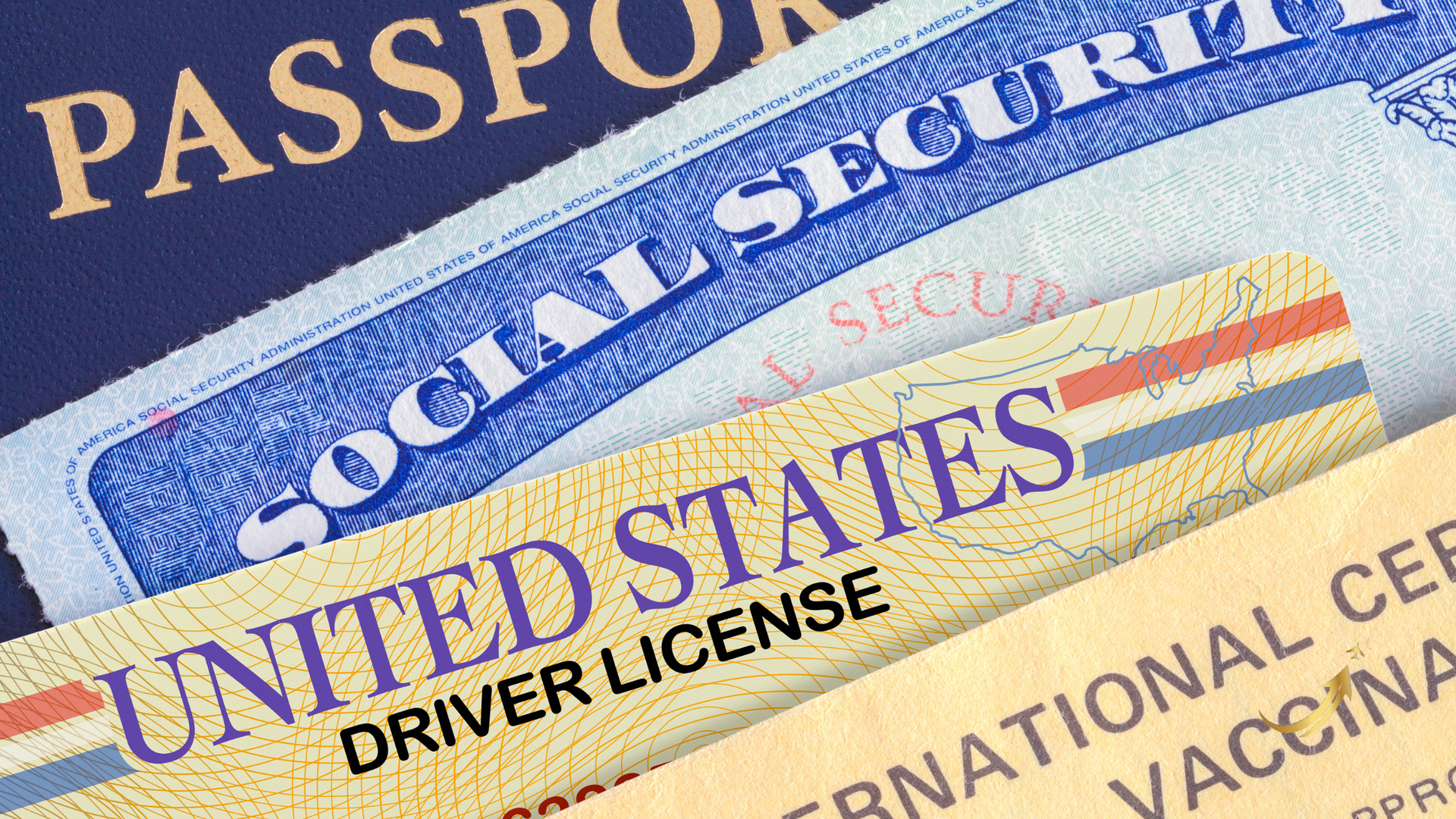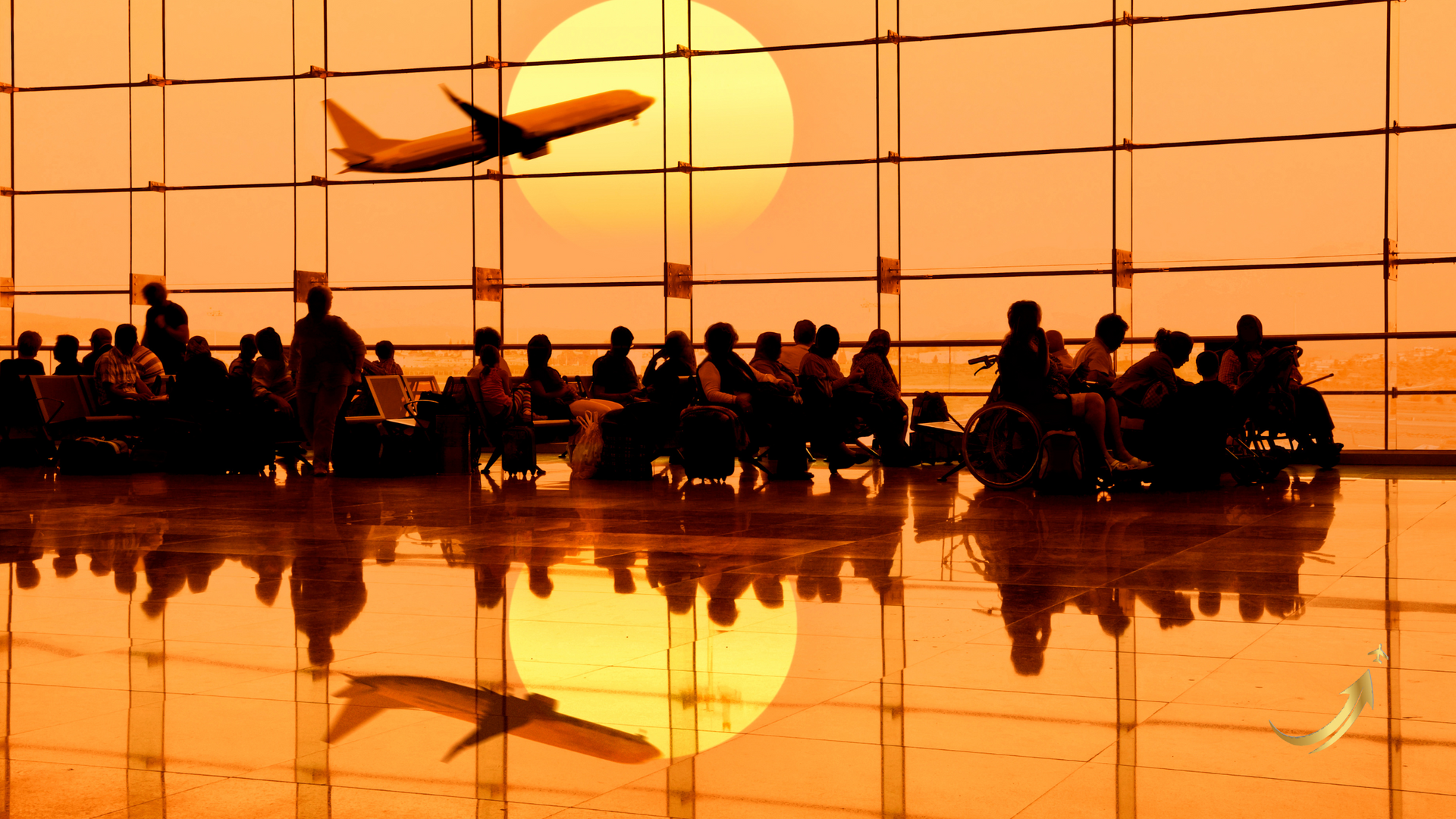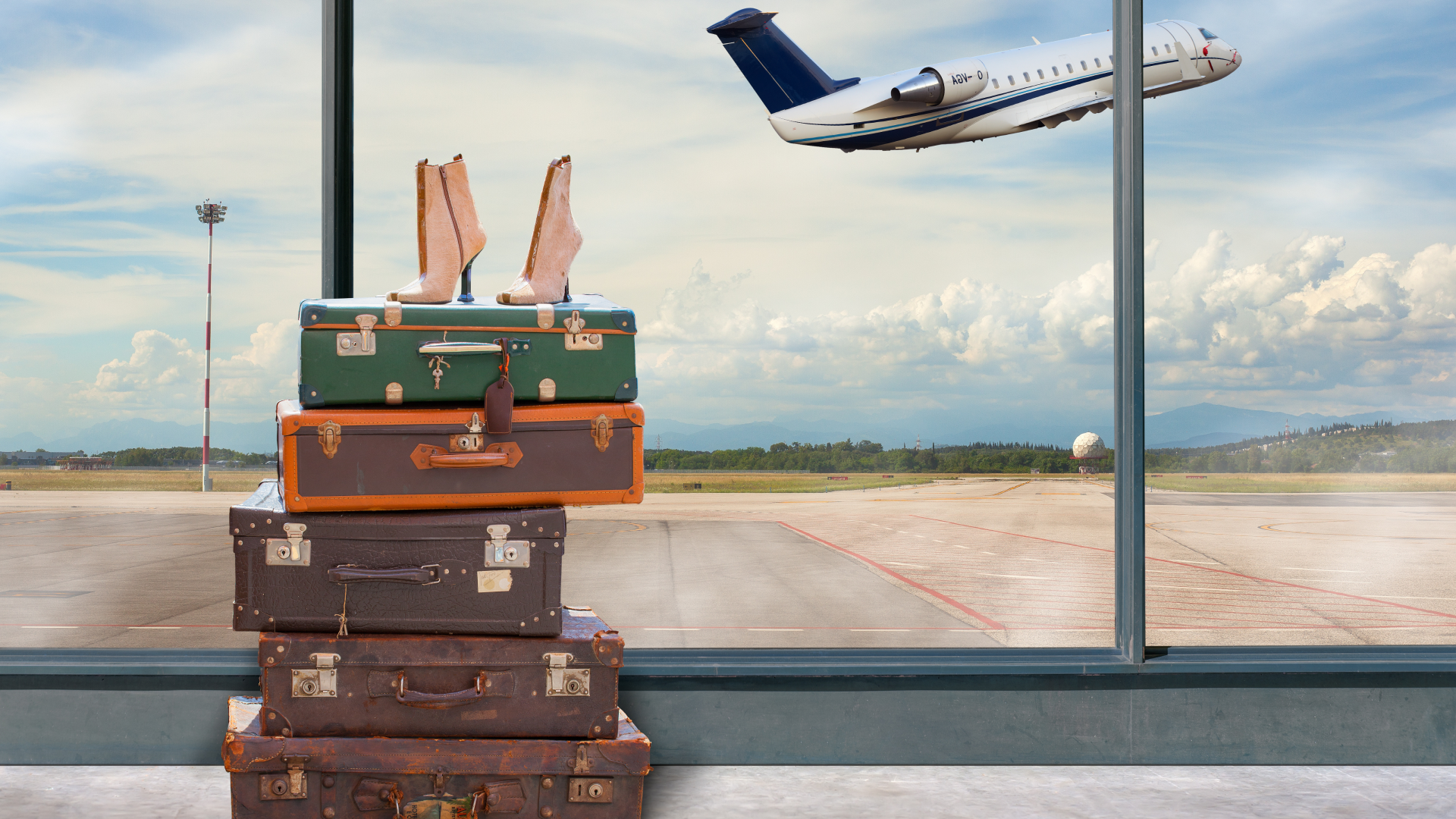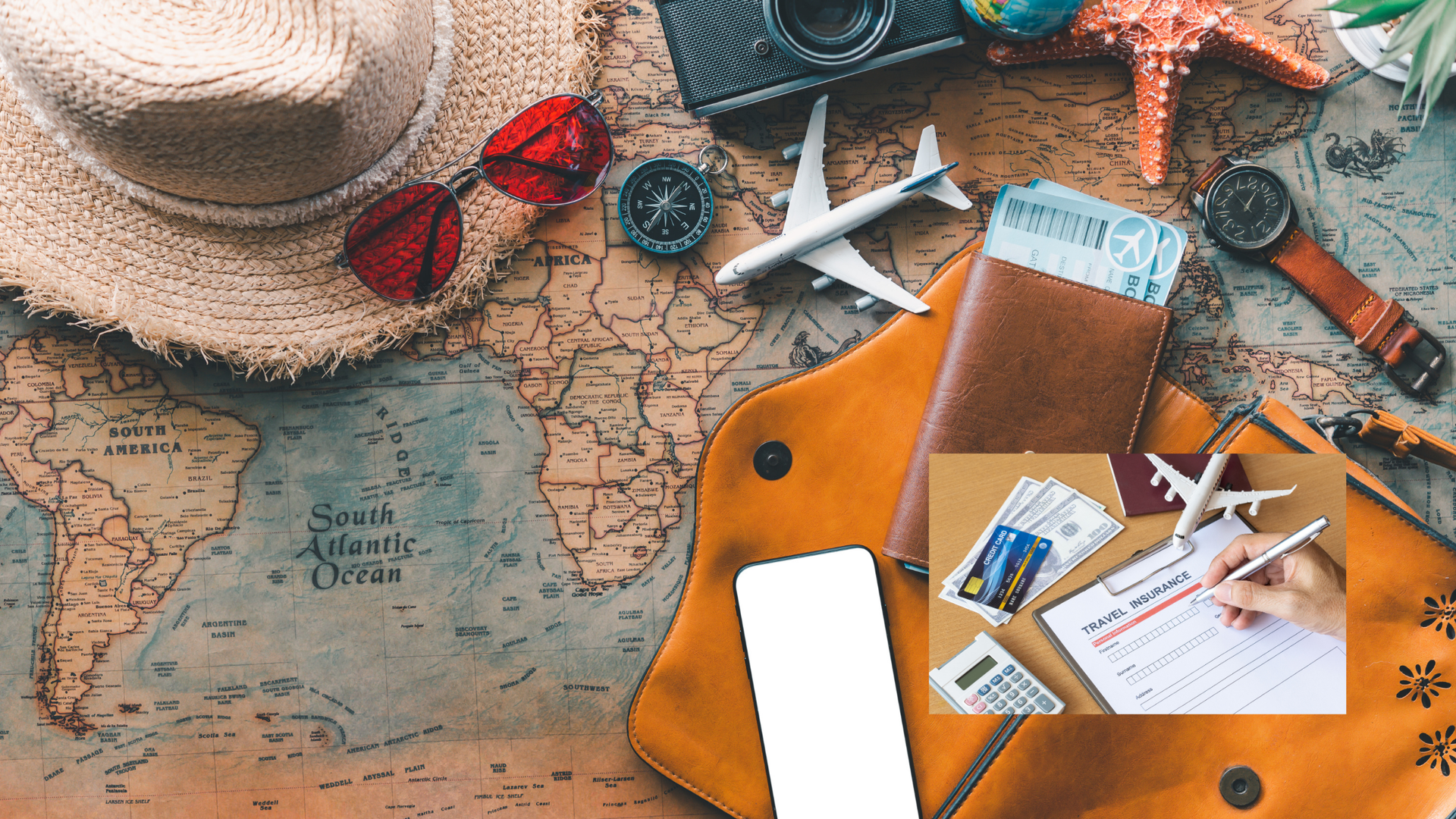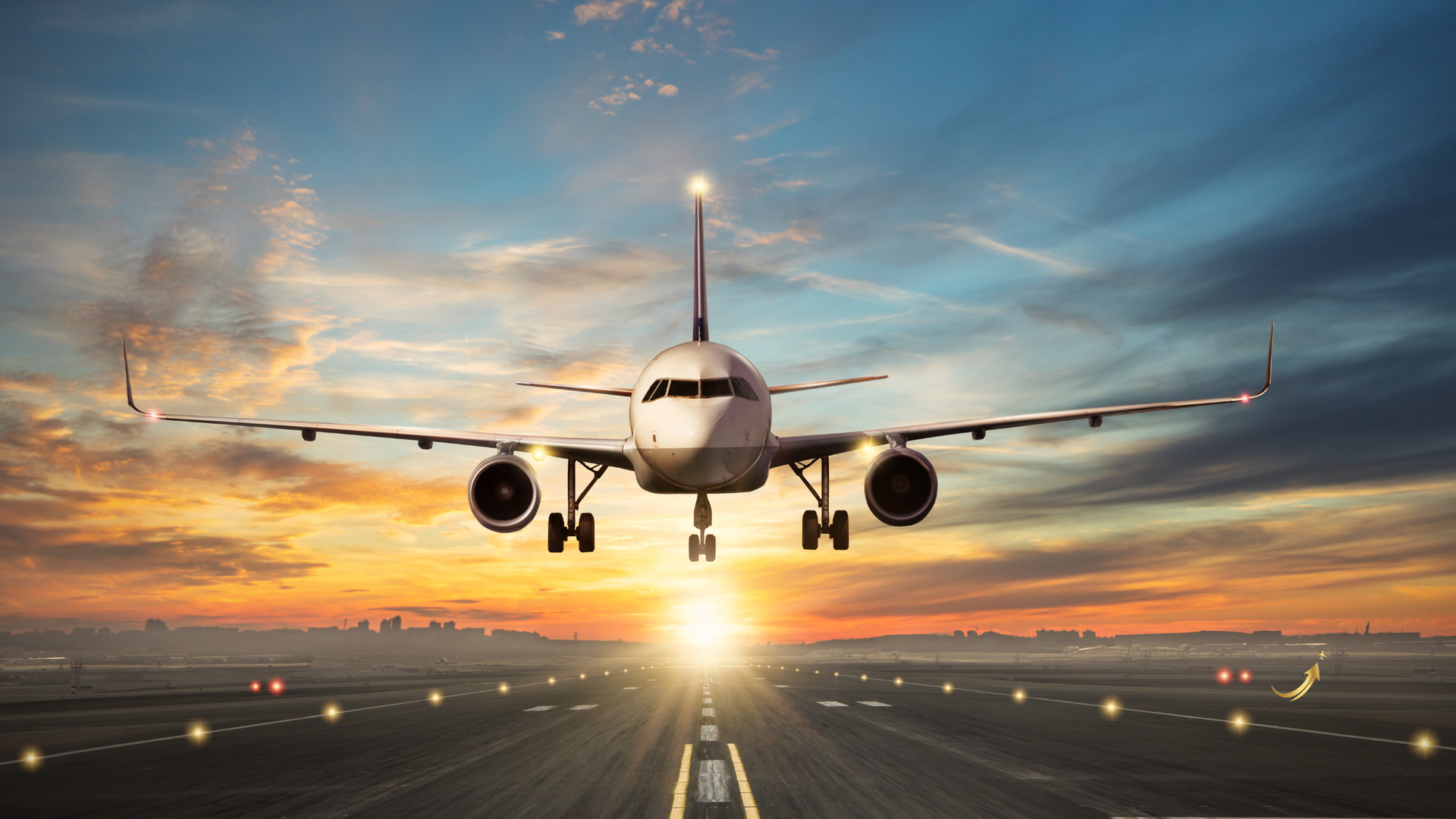15 Ways to Stay Calm and Enjoy Your Vacation When Disaster Occurs
Earthquakes, oil spills, volcanic eruptions, lost luggage, canceled or missed flights, losing your passport, getting mugged, having your belongings stolen, food poisoning, getting injured, dealing with political unrest…are just a few of the things that could possibly go wrong while on vacation. If you’re a frequent traveler, you may have experienced a few things of these things.
If you have ever experienced any problems while traveling you know that fear, anxiety, and stress can get overwhelming when you are in a foreign country. These emotions will be especially heightened if you’re traveling alone.
So, whether you are new to traveling or an experienced traveler, the following tips are an essential part of your “keep calm and keep traveling” arsenal:
1. Illness or injury. From a mild cold to stomach problems, to a twisted ankle, to a broken limb, nearly every traveler gets sick or injured at some point. Sometimes it’s impossible to avoid, but you can take several steps to minimize the chances of getting sick or hurt on a trip. Take Airborne, load up on vitamins, get plenty of rest, and drink tons of water. Wash your hands often when flying or taking public transport and avoid touching your face with dirty hands.
2. If you get robbed or mugged. You can be robbed or mugged at any time or any place. Chicago, New York, Paris, Rio, Mumbai, Lima. It can happen anywhere, but you can take several steps to deter potential thieves. Money belts are uncomfortable, but they can keep your valuables safe. Make copies of everything especially your passport and credit/debit cards. You can also scan and email these documents to yourself. Don’t carry too many valuables with you. If you must carry a bag or purse, make sure you always secure your belongings. Don’t be too flashy and stand out as a tourist. Know where you are going and avoid the dangerous areas. Trust your instincts. If you do get mugged, report it to the police.
3. Political unrest. Like natural disasters, there isn’t too much you can do to avoid political unrest in certain countries or cities, but there are a few precautions you can take if you are visiting an area that is prone to these types of problems. Do your research. The State Department usually publishes this type of info. Check blogs and social media from travelers who are presently in the country.
4. Learn a few words. Learn a few words in the language of the country you're visiting. Like hello, please and thank you. It’ll benefit you both socially, and in times of trouble.
5. Obtain local currency. Carry a small amount of cash in the foreign currency. Sometimes ATMs don’t work, and it is risky not having any money.
6. Learn rules and regulations. Learn the basic rules in the country you’re visiting. What are their rules on dressing, showing affection in public or drinking in public?
7. Always stay and keep calm. Getting angry or overly upset will not help your case when you're the underdog in any given situation out of the country. Remember to always show humility.
8. Make sure you always carry your ID. Without your ID the authorities may have to be called to verify your identity.
9. Locate the closest bank. Learn which banks and ATMs are commonly used among tourists and locals. How far is the ATM or bank in relation to where you're staying? This way, you know when and where you should take out money to avoid scrambling.
10. Get enough rest. Make sure you stay hydrated, get enough sleep, and take care of your general health while traveling. You're far more likely to let your guard down, have an accident, or be subject to theft or vulnerability if you feel fatigued.
11. Locate necessary institutions. Look up hospitals, safe modes of transportation (e.g., marked taxis, buses, metros), and the location of your local embassy.
12. Have and keep a sense of humor. Most travel mishaps that seem traumatic at the time are heightened by foreign language differences and the setting. These travel mishaps usually make for a great story years later.
13. Always have a back-up plan. One of the best things you can do for yourself while traveling is to always have a backup plan—just in case things take an unexpected turn.
What if you planned a trip to an amusement park and it rains, why not go to the museum that day or another indoor activity? What if the train to the next city was cancelled? Can you take a bus? Rent a car?
14. Always be prepared when you travel. Some mishaps can be prevented by simply planning ahead. Make sure your hotel and airport transfers are booked in advance. Why not include breakfast that way you will have one less expense when traveling? You should also have your tours booked so that you know what you are doing every day, and you do not waste any time thinking about what to do that day. Being prepared goes a long way in helping you stay calm in stressful travel situations.
Check the opening and closing hours of the local attractions. Packing some snacks can reduce hunger pains if your plane is unexpectedly delayed. Reconfirm your airline or train schedule before departure to see if there are any schedule changes. Check the expiration date on your passport. Most countries require a six-month validity on your passport. Check the weather to make sure you are dressed appropriately. Make sure you have comfortable walking shoes.
15. Fix the problem and forget it. If you have encountered a problem, don’t dwell on the problem for your entire trip. After you have taken steps to fix your problem, forget about it and continue your trip. Don’t let a travel mishap spoil the rest of your vacation. Once you get home you will probably laugh about what happened.
Final Thoughts
Chances are you will not experience a major travel disaster while traveling, but, unfortunately, sometimes things do go wrong. But travel mishaps do not have to ruin your entire trip. Incorporating the above tips can help minimize any problems that you may encounter while traveling.
Keep in mind, if something does happen, simply using common sense can get you out of most situations unscathed. Hopefully, the above tips and reminders have provided you with some guidance and will help you cope if the unexpected occurs.
Have you ever dealt with a travel disaster while traveling? Were you prepared? What did you do to get your trip back on track? Let us know in the comments.
If you like these tips or would like more information on a trip of your choice, contact Colesville Travel at 301-989-1654 or email us at cindy@colesvilletravel.com.
Until then, stay inspired,
Cindy
Blog
